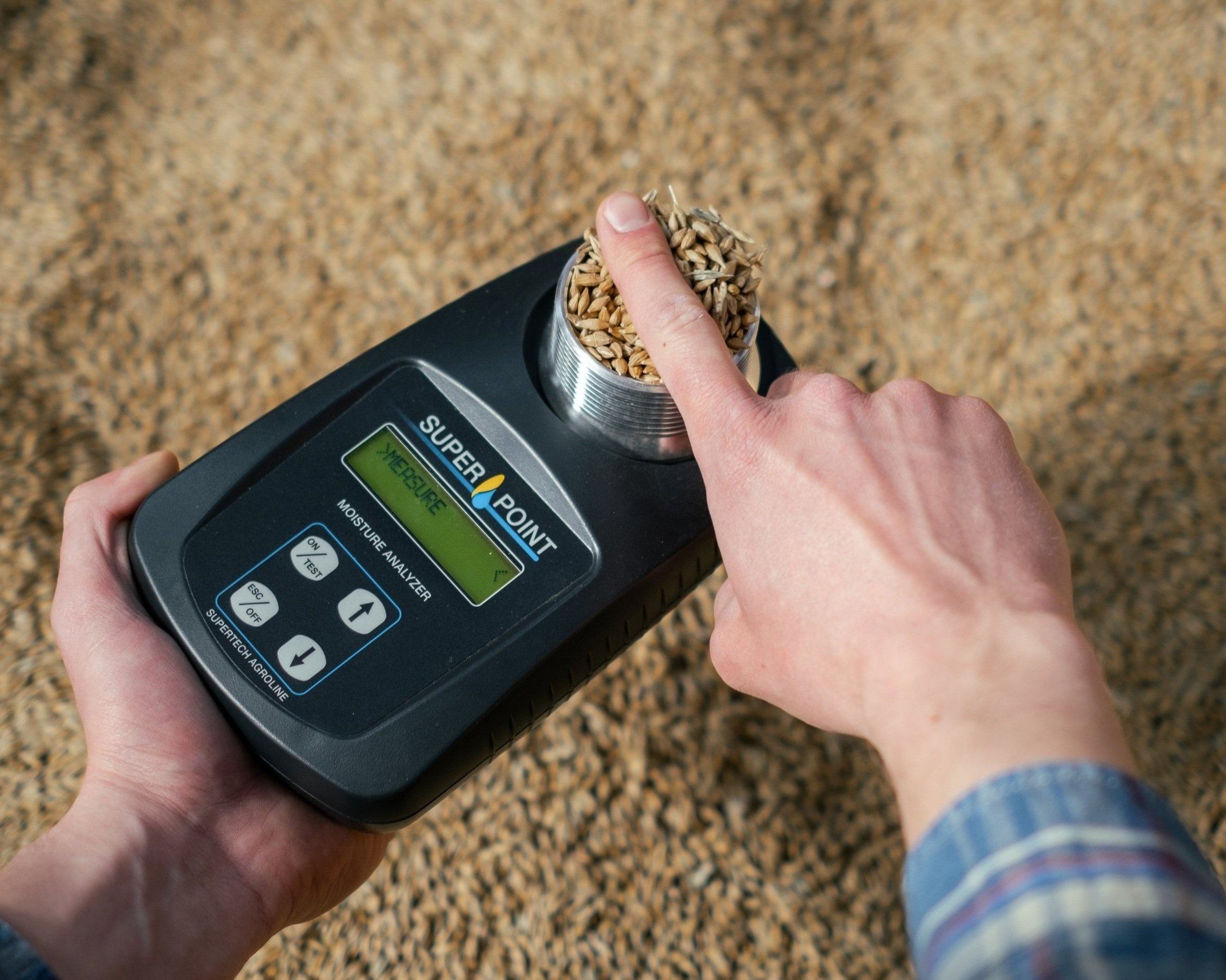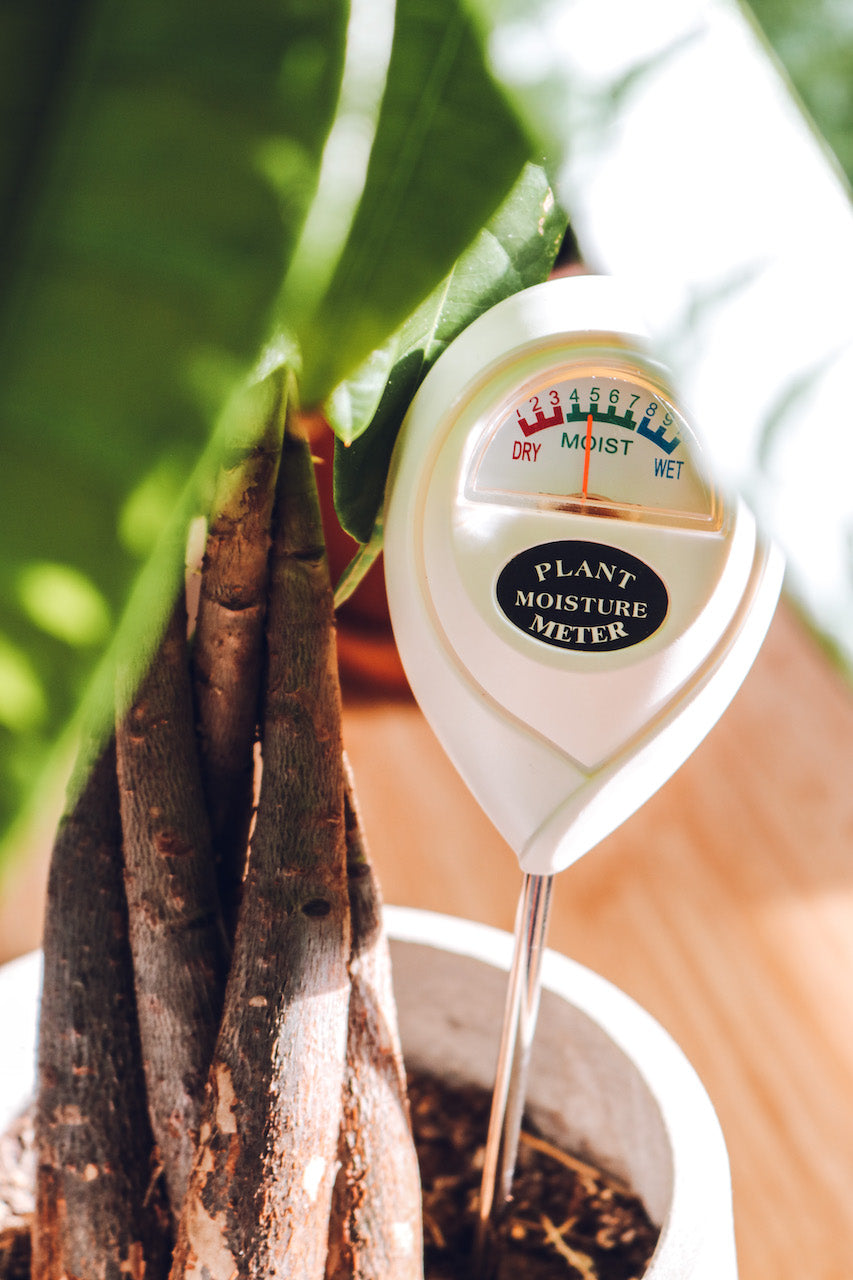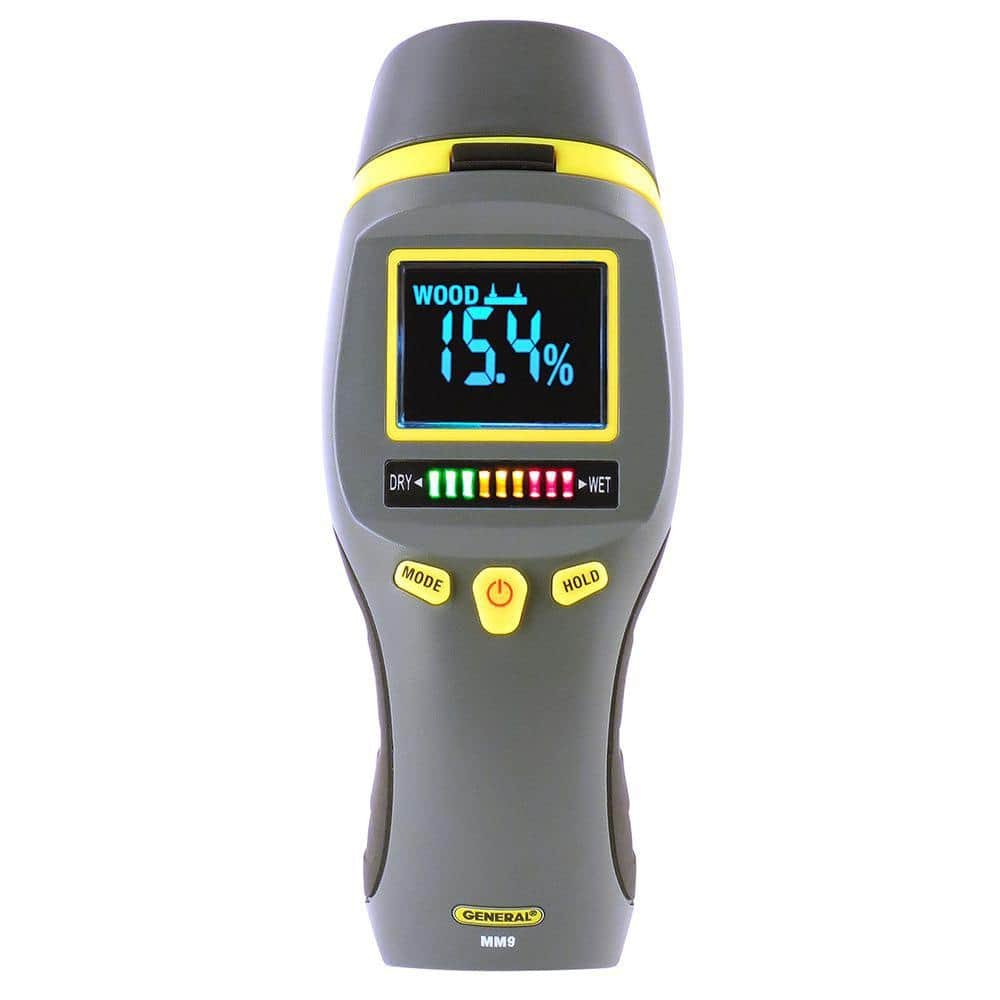The Ultimate Overview to Moisture Meters: A Comprehensive Introduction and Just How They Can Save You Money
In the realm of building maintenance, building, and various sectors, the relevance of precisely determining dampness degrees can not be overemphasized. Moisture meters act as important devices in finding and monitoring moisture web content in materials, helping in stopping pricey damages and ensuring the quality of items. Comprehending the subtleties of different kinds of dampness meters, their applications, and the possible cost-saving advantages they use can be a game-changer for businesses and professionals alike. Finding just how these devices can not just improve procedures however also contribute to economic savings is a journey worth starting.
Kinds Of Moisture Meters
Different sorts of wetness meters are offered for different applications in numerous industries. One typical kind is the pin-type wetness meter, which measures the electrical resistance between 2 pins placed into a product. This type is appropriate for wood, drywall, and other structure products. Pinless wetness meters, on the other hand, usage electro-magnetic sensor plates to check a bigger location without creating damage to the product's surface area. These meters are ideal for rapidly analyzing dampness levels in big areas such as floorings and wall surfaces.
In addition, there are also specialized wetness meters developed for specific products like grain, hay, or dirt. These meters offer accurate dampness analyses customized to the unique buildings of the product being evaluated. Infrared wetness meters determine the thermal residential properties of a product to determine its moisture material non-invasively, making them useful for applications where pin or pinless meters may not be suitable. Understanding the various sorts of wetness meters available can aid sectors pick one of the most suitable device for their details wetness dimension needs.

Benefits of Making Use Of Moisture Meters

Furthermore, utilizing moisture meters can lead to raised power performance. By recognizing areas with high wetness degrees, such as leaks or bad insulation, changes can be made to boost energy preservation and reduce energy expenses. In agricultural setups, wetness meters play an essential duty in optimizing crop yields see it here by enabling farmers to keep an eye on soil dampness degrees and make notified watering choices. On the whole, the benefits of utilizing dampness meters extend across numerous industries, providing cost-efficient remedies and advertising far better high quality control practices.
Just How to Pick the Right Moisture Meter
Picking the appropriate wetness meter includes considering crucial variables such as product compatibility, dimension variety, and calibration precision. When choosing a moisture meter, it's vital to make sure that the meter is ideal for the details material you will be testing. Different materials have differing electric buildings that can influence wetness readings, so selecting a meter made for your material is crucial for exact results. In addition, take into consideration the dimension variety of the wetness meter. Make certain that the meter can detect dampness levels within the array required for your applications. Calibration precision is another critical variable to bear in mind (Moisture Meter). Go with a moisture meter with dependable calibration to ensure accurate and constant analyses. Some meters might require periodic calibration adjustments, so understanding the calibration process is very important. By very carefully assessing these factors, you can pick a moisture meter that satisfies your requirements and gives exact wetness measurements for your jobs.
Appropriate Methods for Moisture Meter Usage
To make certain accurate wetness analyses and make the most of the effectiveness of a wetness meter, employing correct strategies is vital. When making use of a pin-type dampness meter, place the pins or probes right into the material being evaluated till they make complete contact. By adhering to these correct techniques, users can depend on their moisture meter to supply trustworthy dampness levels, assisting in protecting against costly damages or guaranteeing top quality in numerous applications.

Cost Savings With Moisture Meter Applications
Exactly how can the calculated use of wetness meters lead to substantial cost savings throughout different industries? In the agriculture market, dampness meters aid in determining the optimum time for gathering plants, stopping excess or over-drying dampness that can impact the last item's high quality.

In addition, in the food processing market, wetness meters are vital for keeping track of product high quality and making sure compliance with safety laws. By precisely determining wetness web content in foodstuff, makers can avoid spoilage, keep freshness, and decrease waste, resulting in significant expense savings. In general, the important site strategic application of wetness meters is a valuable financial investment that can bring about considerable cost decreases and enhanced performance throughout numerous sectors.
Conclusion
In verdict, moisture meters are beneficial tools for spotting and gauging dampness levels in different products. By using the right moisture meter and adhering to proper methods, customers can properly stop pricey problems created by excess wetness.
Wetness meters serve as crucial devices in identifying and checking moisture content in materials, aiding in stopping pricey damages and making sure the quality of items. Infrared dampness meters determine the thermal residential or commercial properties of a product to determine its moisture material non-invasively, making them beneficial for applications where pin or pinless meters might not be appropriate.Dampness meters supply important advantages in precisely examining and checking moisture degrees in varied products and settings. In farming settings, wetness meters play an important function in enhancing crop yields by making it possible for farmers to check dirt dampness degrees and make notified irrigation choices.In verdict, dampness meters are useful tools for measuring and detecting dampness degrees in different materials.